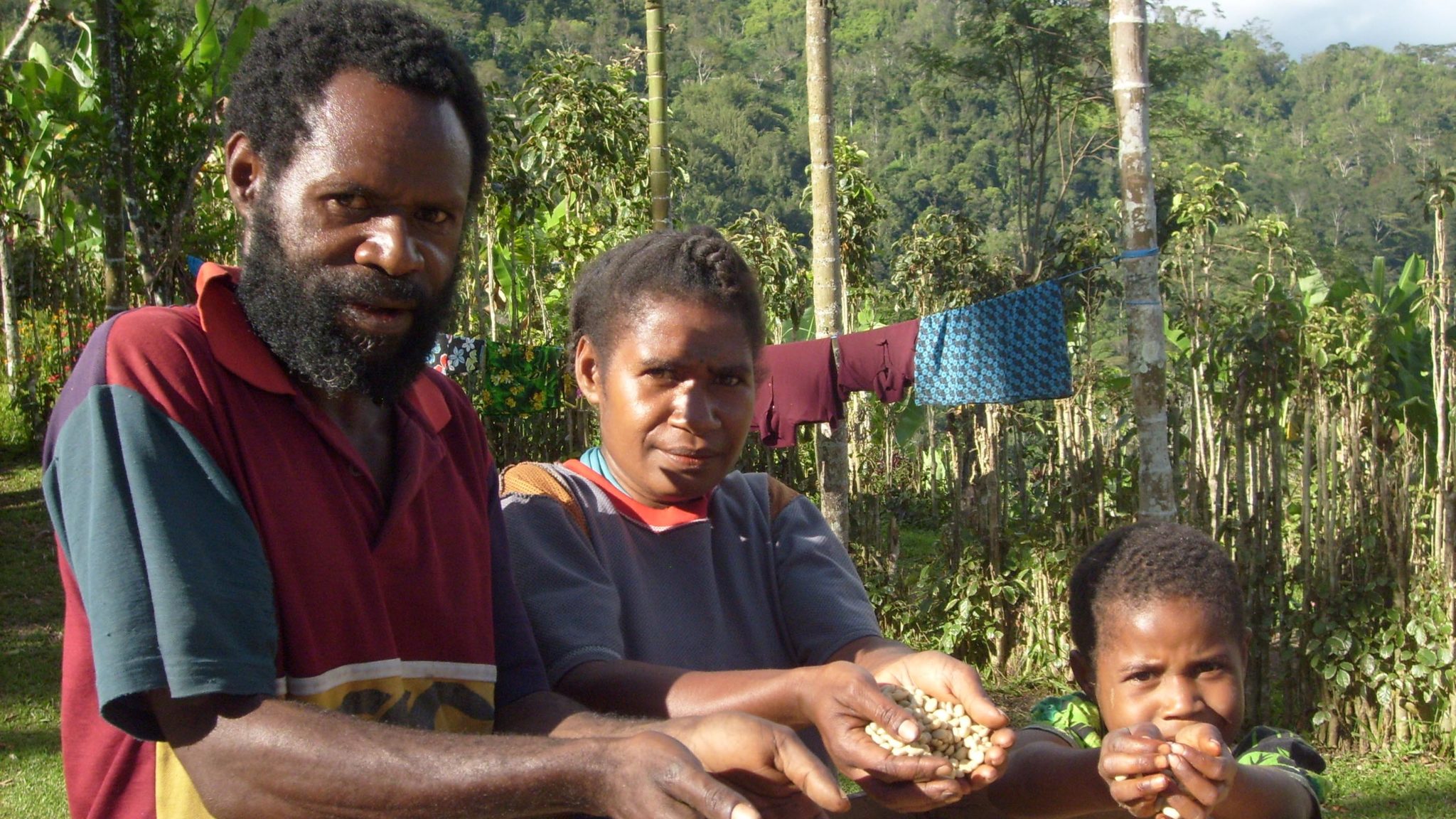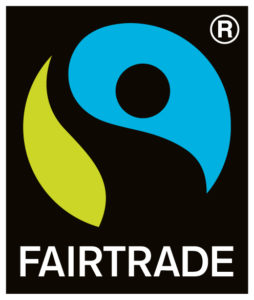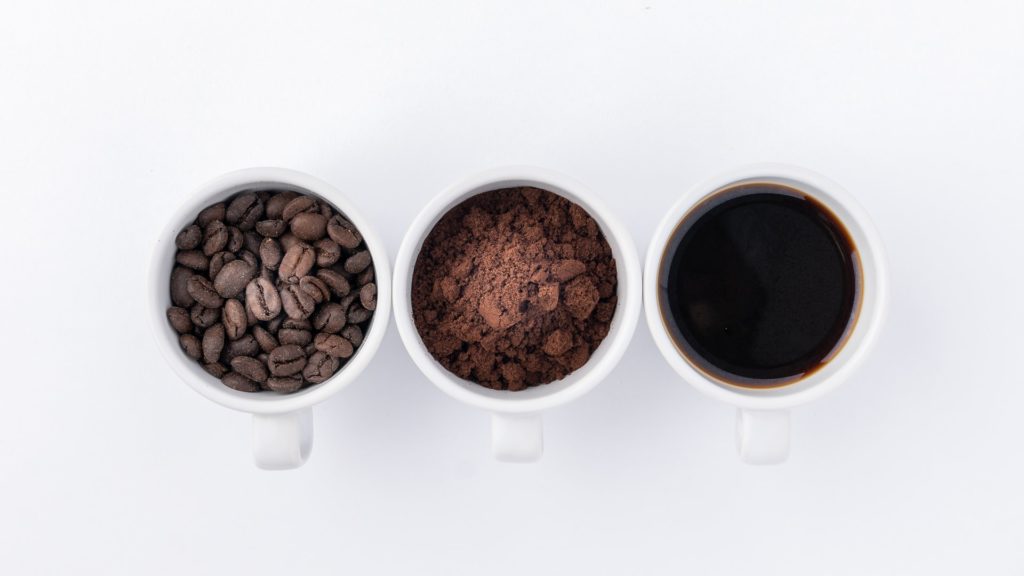Ever wondered what puts the ‘fair’ in Fairtrade coffee? We spill the beans on how to tell if your favourite ‘fair trade’ brew is as ethical as it claims to be.
What is ‘fair trade’ coffee?
Every day we drink 2 billion cups of coffee worldwide. From mocha and macchiato to flat white and latte, the coffee market is worth tens of billions of pounds. It’s a lucrative business. However, with shoppers growing more and more conscious of where their food comes from, plenty of coffee brands are increasingly using words like ‘eco’, ‘ethical’, ‘sustainable’ and ‘fair’ to promote their products.
These claims are designed to reassure coffee lovers that their spending choices are having a positive social, economic and environmental impact. However, the bitter truth is that many of the 125 million people who depend on coffee for their livelihoods still don’t enjoy the standard of living that their hard work deserves.
The problem is, when it comes to coffee’s ethical credentials it can be hard to distinguish the good from the bad. For instance, when non-Fairtrade certified coffee suppliers label their product as ‘fair trade’, ‘ethically traded’ or ‘fairtrade’ – with a lowercase ‘f’ – without mentioning the name of an ethical certification scheme, it’s hard to tell what production standards they actually follow.
Companies who use these claims on their packaging, websites or adverts aren’t obliged to meet any officially recognised standards, unlike companies who sell their coffee on Fairtrade terms. This makes it much harder for you, as the consumer, to trace the origins of the roast or understand how a company’s policies ensure fairness for the coffee farmers and workers who produced the beans.
How Fairtrade helps coffee farmers face challenges
Coffee farmers are currently facing multiple crises. First of all, many non-Fairtrade farmers receive very low prices for their crops that don’t cover their costs. Secondly, the climate crisis is a huge threat to those in low-income countries, despite them having contributed the least to the crisis. From more frequent and intense floods, droughts and storms, to the emergence of new pests and crop diseases, these harmful climate impacts mean farmers can lose entire harvests when disaster strikes. All this has been made worse by the Covid-19 pandemic which has disrupted production and sales, leaving farmers out of pocket.

Despite being a lucrative industry, the average non-Fairtrade coffee farmer lives on as little as £1.37 a day. This is fundamentally unfair. Unless farmers earn more for their crops, they’ll struggle to afford to protect their families and livelihoods from the many crises they face.
Fairtrade partners with farmers and businesses alike to tackle these crises. We do this in many ways, including campaigning for fairer incomes, providing emergency funds for farmers during the pandemic and training coffee farmers to fight the climate emergency and adopt greener, more sustainable farming methods.
How to know if your coffee really is fair trade: enter Fairtrade
If you want to enjoy a truly fair coffee, you need to make a conscious choice to choose labels that don’t stir up poverty, inequality and environmental harm. This means opting for brands who can explain exactly how they support the farmers who grow their beans to get the best deal possible, how they ensure that the coffee supply chain doesn’t exploit workers or the environment and how they can show that their claims are independently verified. And that’s where Fairtrade comes in.
Fairtrade is a global movement that represents more than 1.6 million farmers and workers in Asia, Africa, Latin America and the Caribbean and is 50% owned by farmers and workers. The goal is that producers in low-income countries enjoy a fair wage, safe working conditions and fairer terms of trade.
What makes Fairtrade fair – and why it’s fairer than non-Fairtrade coffee
Choosing Fairtrade coffee makes a world of difference to the 750,000 Fairtrade coffee farmers worldwide, from Colombia and Kenya, to Indonesia and Ethiopia.
By requiring companies to pay farmers sustainable prices for their crops, the Fairtrade system tackles the injustices of conventional trade, which traditionally discriminates against the most marginalised communities*. This means when farmers sell their coffee under Fairtrade terms, they get a better share of their crop’s value, giving them more funds to farm sustainably, build a better quality of life.
Here are three ways Fairtrade works for farmers:
- Fairtrade farmers are guaranteed to receive at least the Fairtrade Minimum Price for their coffee (with an extra price incentive for organic coffee). This provides a safety net to farmers when market prices plummet.
- Certified cooperatives also receive the Fairtrade Premium: an additional payment to invest in business, social or community projects of their choice (although at least 25% must be spent on improving product quality). In 2020, Fairtrade coffee farmers earned £6.7 million in Premium through the sales of coffee in the UK. This helped to pay for health supplies, food, environmental projects, education, farm improvements and much more.
- Fairtrade’s environmental, economic and social Coffee Standards fight for a better deal for farmers, including by protecting their rights, stamping out gender inequality and ensuring decent working conditions. These Standards also encourage growers to protect the environment by planting trees, conserving water and avoiding pesticides.
Since Fairtrade is the only certification system that requires traders to pay a Minimum Price and Premium to coffee farmers, conscious consumers can be sure that their Fairtrade cuppa puts people and the planet before profits.
Fairtrade has definitely helped our community: it has helped us improve our school and water supplies. It has also made a big difference in the price we get for our coffee with the guaranteed payment.
Workineh Heldaja, from the Oromia Coffee Farmers Cooperative Union in Ethiopia
Delve deeper: read our blog on ‘Deconstructing unfair trade systems and tackling racism and neocolonialism in contemporary trade’
Why choose a Fairtrade roast?

Fairtrade is the world’s most trusted and recognised ethical label: it has decades of experience and expertise in making sure that the journey from crop to cup is as fair and sustainable as possible.
Buying Fairtrade coffee is easy and affordable. There are dozens of Fairtrade coffee suppliers across the UK, ranging from eateries like Greggs, and Leon, supermarkets such as Waitrose and Co-op, and popular brands like Percol, Café Direct and Cru Kafé.
The easiest way to spot a certified coffee is to look out for the FAIRTRADE Mark. So next time you head out for a drink, be sure to choose Fairtrade to guarantee that your cuppa is as fair as it possibly can be.
